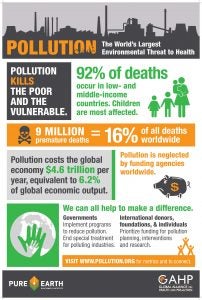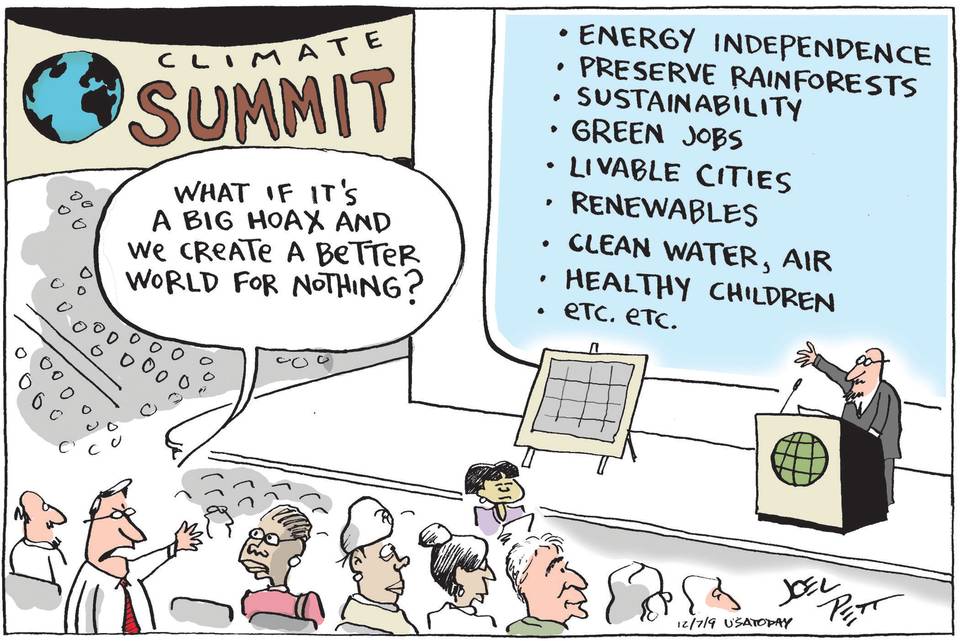Sarah Vogel, Ph.D., is Vice-President for Health.
To breathe—from our very first breath to our last—is to be alive. But for billions of people around the world, that simple, necessary act is at risk due to pollution. For the hundreds of millions of children and adults with asthma struggling to breathe, the immediate and acute experience of breathing polluted air cannot be mistaken. And scientific research tells us that air pollution is also cutting short the lives of an estimated 7 million people a year due to heart attacks, stroke and respiratory diseases. For some context, that is more than the total lives lost to HIV/AIDS, malaria and tuberculosis combined.
Everyone on this earth has a right to breathe healthy air. But today, too many countries around the world are facing serious air pollution crises. That’s why people from all around the world—government officials, civil society organizations, artists, and academics—have gathered this week in Geneva, Switzerland for the first World Health Organization Global Conference on Air Pollution and Health. And it’s why we’re here: to call for urgent and immediate action to address global air pollution.


